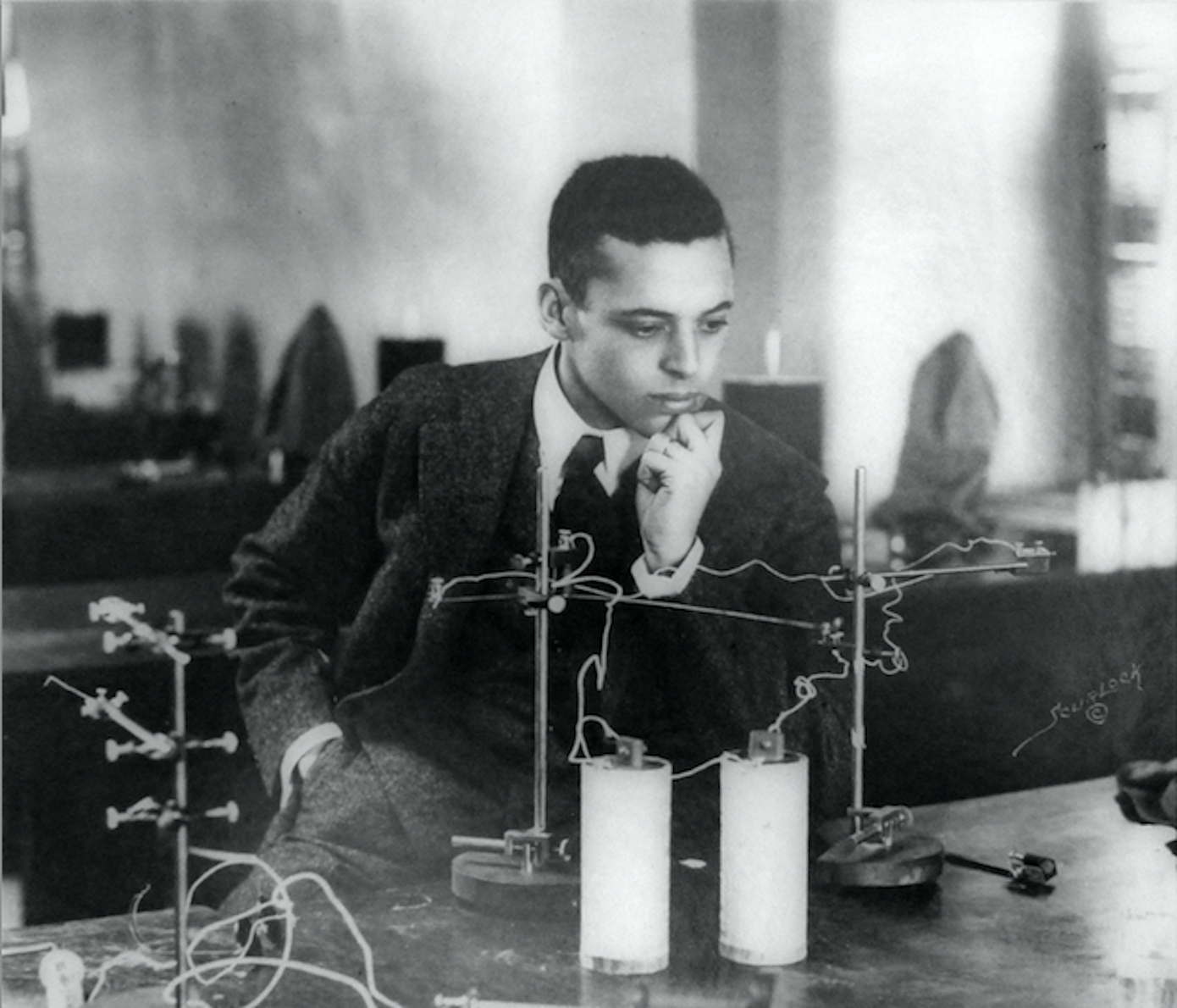Ernest Everett Just has made great contributions to black history. If there’s one thing he’s remembered for, it’s the fact that he was the first African American to become a marine biologist. Just was born on 14th August 1883 in Charleston, South Carolina. His parents were Charles Frazier Just Jr., who worked as a dock builder, and Mary Matthews, an educator. Unfortunately, he lost his father when he was just four years old, to alcoholism. As a result, his mother became the sole breadwinner, looking after Just, his younger brother and sister. When Just turned 13, Mathews decided to relocate the family up north in search of a better education. So, in 1900, Just began attending high school at the Kimball Hall Academy in
New Hampshire. He graduated three years later and joined Dartmouth College, where he discovered his passion for biology.
When studying at Dartmouth, Just became one of the most prominent students due to his academic prowess. For instance, he was the top student in the Greek language class during his freshman year. He was also awarded the Rufus Choate Scholar for two years – a reward conferred to the top five percent of students. In 1907, Just was appointed to Phi Beta Kappa, which is the highest academic honor society in the U.S. During his college years, he made several contributions to African American history. For instance, he was recognized as the sole magna cum laude student, achieving honors in history, sociology, and botany. He was the only black student to graduate from his class.
We feel the beauty of nature because we are part of nature and because we know that however much in our separate domains we abstract from the unity of Nature, this unity remains.
Ernest Everett Just
After graduating, he started teaching at Howard University in 1909. Initially, he taught English. But, later, he began teaching biology, which had been his passion all along. In the summer of 1912, he got an opportunity to advance his research work at the Marine Biological Laboratory (MBL), in Woods Hole, Massachusetts. It’s here that he made significant progress in the fertilization field, focusing on marine invertebrates. Some of the most notable achievements were establishing the breeding habits of annelids
and discovering a way to make marine embryos mature normally. Given these accomplishments, Just was described as a “genius in the design of experiments.”
In the next two decades, his research work transformed and revolutionized the microbiology sector. Eventually, he earned recognition as the first ecological developmental biologist. In 1915, Just left his teaching profession to pursue further studies at the University of Chicago. He quickly became popular as a leading black scientist. In that same year, he was awarded the NAACP’s Spingarn Medal which is typically given to a top African American achiever. He graduated in 1916 with a PhD in Zoology. In the years that followed, Just faced a lot of challenges advancing his research due to the widespread racism in the U.S. So, in 1929, he relocated to Naples, Italy to continue his research at a zoology research institute called Anton Dohrn. Here, he continued to thrive and even got admitted to Kaiser Wilhelm Institute in Germany. During his time at Wilhelm, he authored two books: The Biology of Cell Surface (1939) and
Basic Methods for Experiments on Eggs of Marine Animals (1939). He also published more than 70 research papers.
A group is often slower to see the flame of truth than a single open-minded individual.”
Ernest Everett Just
Unfortunately, Just had to move to France after World War II broke out. When living in France, he was advised to go back home to the U.S. due to the impending invasion of the Nazis. He refused as he wanted to complete his research. This led to his capture, where he was confined in a Nazi prisoner camp until September 1940 when he was rescued by the U.S. State Department. The capture took quite a toll on
his physical health. He was diagnosed with pancreatic cancer shortly after rescue, and he succumbed to the illness in 1941.
